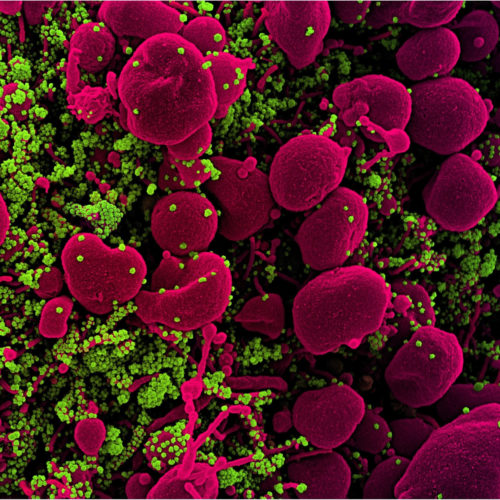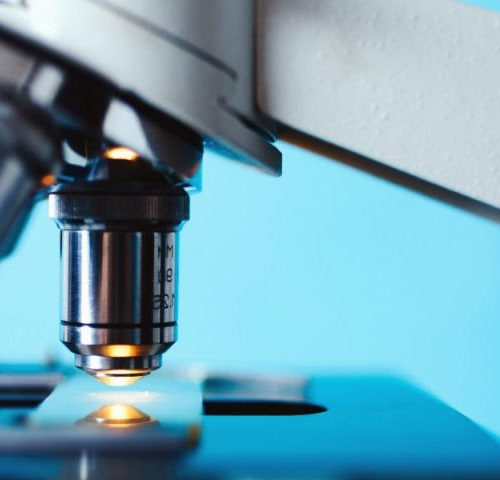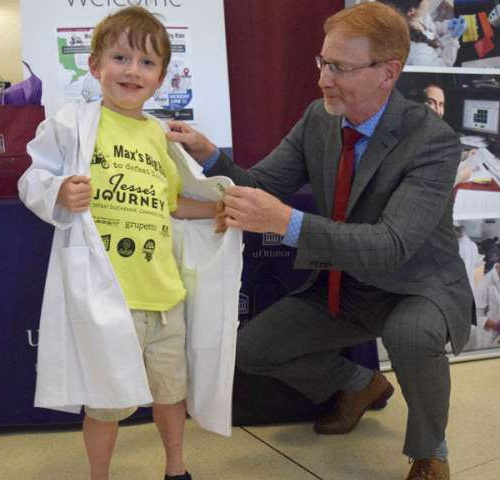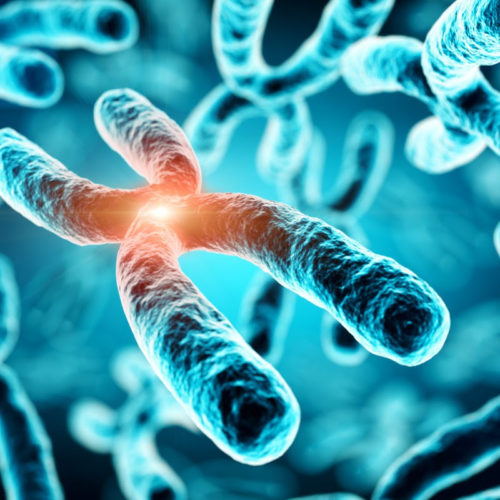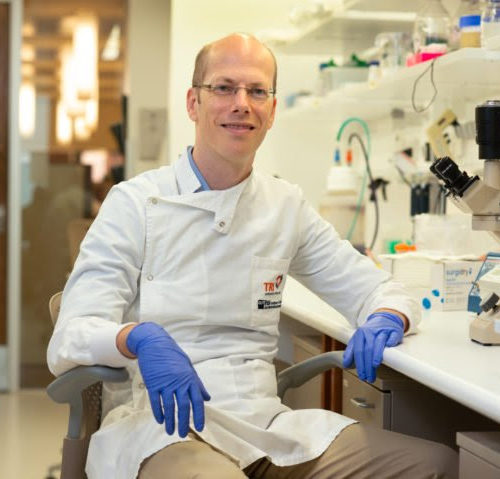As COVID-19 restrictions loosen this summer, Canadians will spend more time outdoors and make the most of the sunshine. A new study from McGill University suggests why men may be more genetically prone to develop skin cancer. The research led by Professor Ian Watson of McGill’s Goodman Cancer Research Centre (GCRC), published in the journal...
Tag: <span>chromosomes</span>
Skin cancer: men are genetically more prone
As COVID-19 restrictions loosen this summer, Canadians will spend more time outdoors and make the most of the sunshine. A new study from McGill University suggests why men may be more genetically prone to develop skin cancer. The research led by Professor Ian Watson of McGill’s Goodman Cancer Research Centre (GCRC), published in the journal...
Blood group type may affect susceptibility to COVID-19 respiratory failure
By Sally Robertson, B.Sc. A group of over 120 researchers from various institutions across Europe has performed the first genome-wide association study to reveal host genetic factors that may contribute to respiratory failure in cases of coronavirus disease 209 (COVID-19). The authors say the genetic variants they have identified could help guide further research into...
Tracking cancer’s immortality factor
Canadian scientists have achieved a first in the study of telomerase, an essential enzyme implicated in aging and cancer. In today’s edition of the prestigious journal Molecular Cell, scientists from Université de Montréal used advanced microscopy techniques to see single molecules of telomerase in living cells. A flaw in the replication of chromosomes means that...
Substituting the next-best protein
by Jessica Sinclair, University of Ottawa When an actor is unable to perform in the theatre, an understudy—ideally one with some practice in the role—can take her place on stage. A study from Dr. Bernard Jasmin’s laboratory at the University of Ottawa and published today in Nature Communications shows that the same is true of...
Molecules identified that reverse cellular aging process
By Nick Lavars Central to a lot of scientific research into aging are tiny caps on the ends of our chromosomes called telomeres. These protective sequences of DNA grow a little shorter each time a cell divides, but by intervening in this process, researchers hope to one day regulate the process of aging and the...
Give & take: Cancer chromosomes give the game away
As tumours develop, cancer cells gain and lose so-called “chromosome arms”, changing their response to drugs, a finding which may offer better personalised treatments for 17 types of cancer. Dr Pascal Duijf from QUT’s School of Biomedical Sciences and IHBI (Institute of Health and Biomedical Innovation) said the study, published in Nature Communications, analysed chromosome...
Stabilizing ends of chromosomes could treat age-related disease
BAYLOR COLLEGE OF MEDICINE A study led by researchers at Baylor College of Medicine has uncovered a new strategy that can potentially treat age-related disease and decline. The study, published in the journal Cell Metabolism, demonstrates that shortening of telomeres – the ends of the chromosomes – impairs a class of enzymes called sirtuins, which play an important...
- 1
- 2


